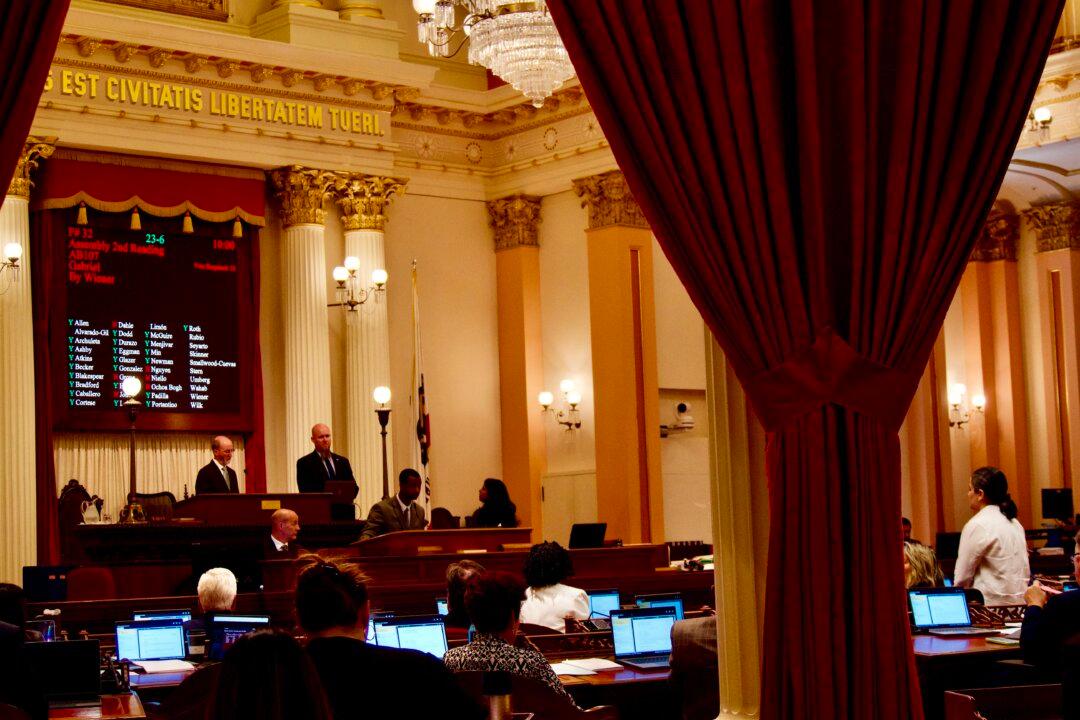Lawmakers are navigating the final six days of the California Legislature’s 2023–2024 session with committee hearings and daily meetings on the Assembly and Senate floor to decide the fate of 901 bills—342 pending in the Assembly and 559 in the Senate.
To meet the deadline, legislators need to debate and vote on an average of 150 bills each day.





